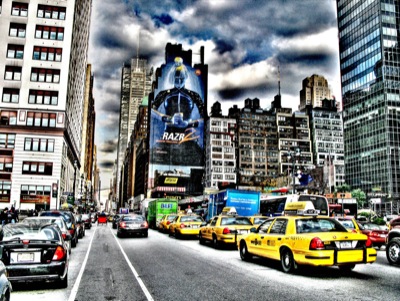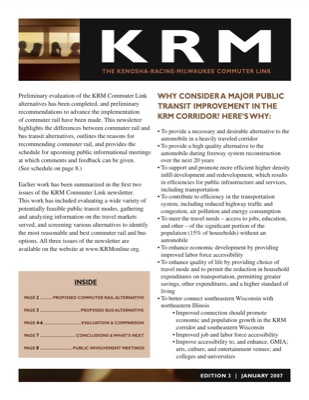Another Tuesday, another primary that won’t resolve the Democratic nomination. For the first time since 1972, my home state’s primary is likely to take place before all the decisions are made. While Oregon’s votes won’t be counted for two more weeks, our mail-in ballots are already in hand. To date, the Antiplanner has only skirted the presidential campaign, but since I am about to vote, it seems worthwhile going over my reasoning.
For me, the biggest issue today is the war in Iraq. This war was a mistake in almost every possible way. It reduced our standing in the international community, made no sense at all as a part of the war on terror, ignored the Powell Doctrine of when and how we should go to war, and probably made life worse for most residents of Iraq (though better for the Kurdish minority). Domestically, the war’s high cost has dramatically reduced the value of the dollar, from 1.10 euros in 2002 to 0.64 euros today. You can yak about peak oil and Chinese demands for energy, but it was this devaluation more than anything else that has been responsible for the run up in fuel prices.










